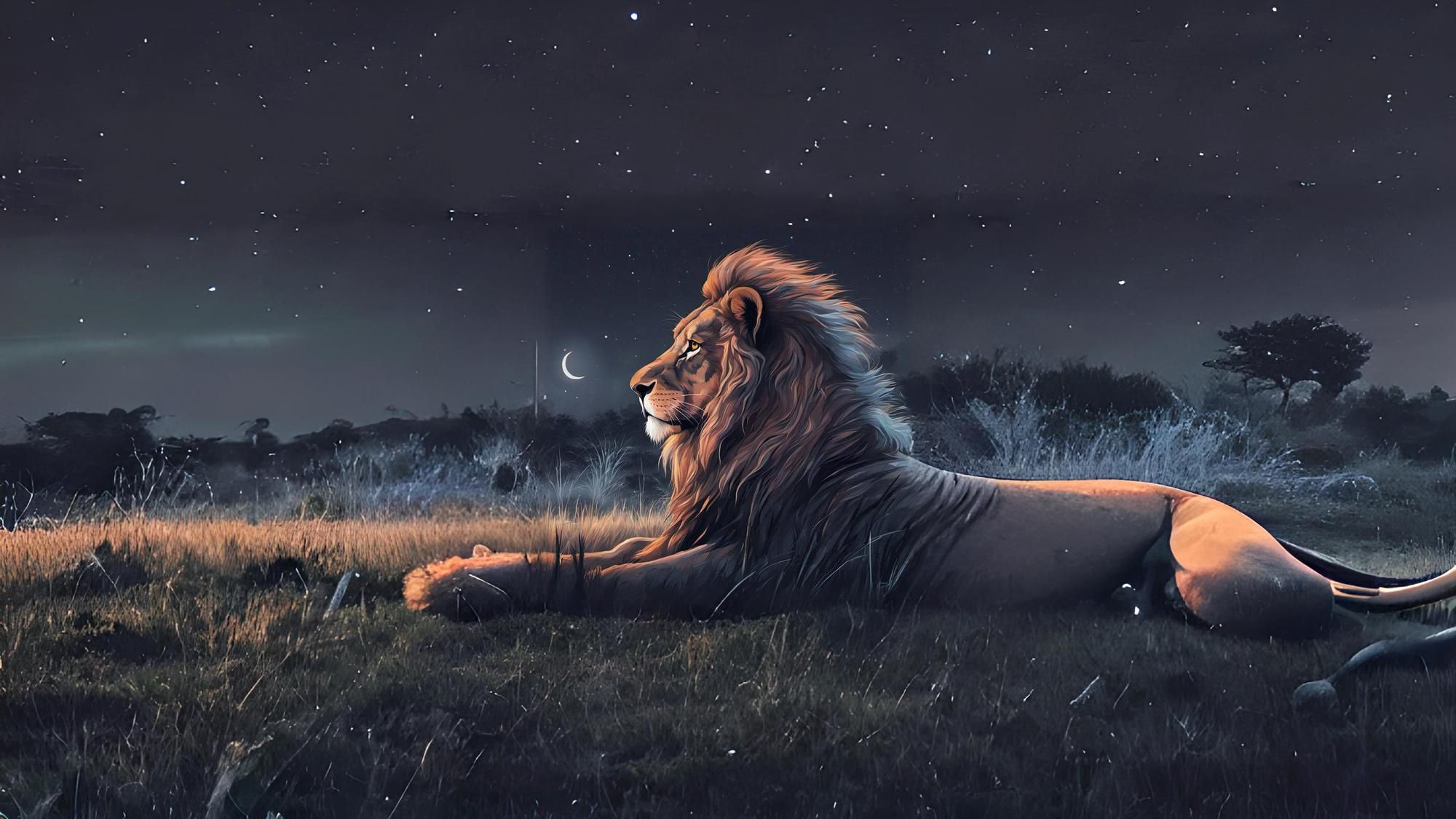They say knowledge is power, but what if this knowledge is total nonsense? When you fall on your tailbone, you won’t get blind and when you get a jellyfish sting, please don’t pee on it. You will be surprised how many biological misconceptions are rooted in your mind and that of others. In this rubric ‘Marit’s Mythbusters’, I will debunk common myths that many of you believe to be true.
Astrology is true
During puberty, my identity crises (yes, plural) led to me doing numerous personality tests and more than one birth chart analysis. I was fascinated by my moon sign being in Libra and how that influenced my personality and behavior. Not to mention that it was so reassuring to do a ‘Leo thing’ or to read from a random WordPress website that I was indeed kind and loyal.
As a twenty-something, I still tried to convince myself that there was some scientific basis in astrology. Surely, people born in July consciously witnessed another season first than someone born in December. Right?
I must disappoint myself (and you, maybe?). Astrology really isn’t a science. At least, according to prestigious and wise philosophers, who spend a lot of time racking their brains on the big, big question ‘What is science?’. And they came up with more than one reason to disregard astrology as an actual science.
First of all, there is no proposed mechanism of action. How do celestial bodies influence our simple human ones? Some research found segmental correlations between lunar tidal cycles and bipolar mood cycles (which means the correlation was stronger in certain lunar phases). Proposed mechanisms can be gravitational forces or moonlight intensity. However, there has been no attempt to explain how the position of the stars and planets at birth determines our fate or personality.
Second, we consult another famous philosopher of science, Thomas Kuhn. He argues that astrology is a pseudoscience because it is non-empirical. This means that the processes of how astrology works cannot be observed or measured, which we can do in, for example, chemistry.
Another critical philosopher, Paul Thagard, said that astrology isn’t science because astrologers do not do research. He stated that ‘they had no puzzles to solve and therefore no science to practice’. In addition, he mentioned that astrologers often acted as if the foundations of astrology are well established, when in reality, alternative theories explain some phenomena better, such as confirmation bias or the Barnum/Forer effect.
The Barnum/Forer effect is what often occurs in horoscopes; it is when people feel like a piece of text was specifically tailored to them, when in reality, it is just vague enough to apply to a large range of people. Not to mention, that confirmation bias is a real thing. When you believe you will mess up your exam because mercury is in retrograde, you probably will.
So again, I’m sorry to say that being born in June doesn’t make you an emotional being, it’s just part of your personality.
The mystic nature of astrology combined with numerous cultures using it for centuries creates a human interest that persists. There is something fascinating about the universe surrounding us and all its celestial bodies in it. Maybe astrology is just a way for humans to connect these impressive planets and stars to ourselves. Everything, to make us feel a little less small than we are.


